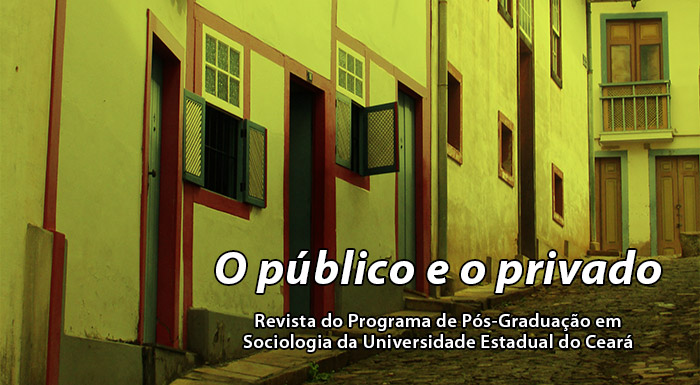Violence in the expression of foreigner: the inappropriate use of language in the designation of state credentials
Abstract
Different authors distinguish themselves by locating language and its conceptual contents as shaping elements of human thought, said internalized, and social interaction as being externalized. The first, as a device for the elaboration of moral and ethical imperatives; the second, as a mechanism of creation of legal norms, that is why the concept epistemologically and heuristically has a transcendental enhancement. The objective of this text is to develop arguments that allow us to admit that language plays a dual character in human construction: first, to achieve the development of each one of the social participants and, second, in the construction of concepts, vices are acquired that constrain the interaction between sign and definition or meaning and signifier. The concept analyzed is that of foreigner, exposing how he has acquired linguistic burdens due to distortion or biased use, causing a definition covered by violence-tyranny and, consequently, dehumanization. The implemented methodology involves a qualitative approach, particularly descriptive with bibliographic and normative support, whose variables are: foreigner, legislation, language and violence.











